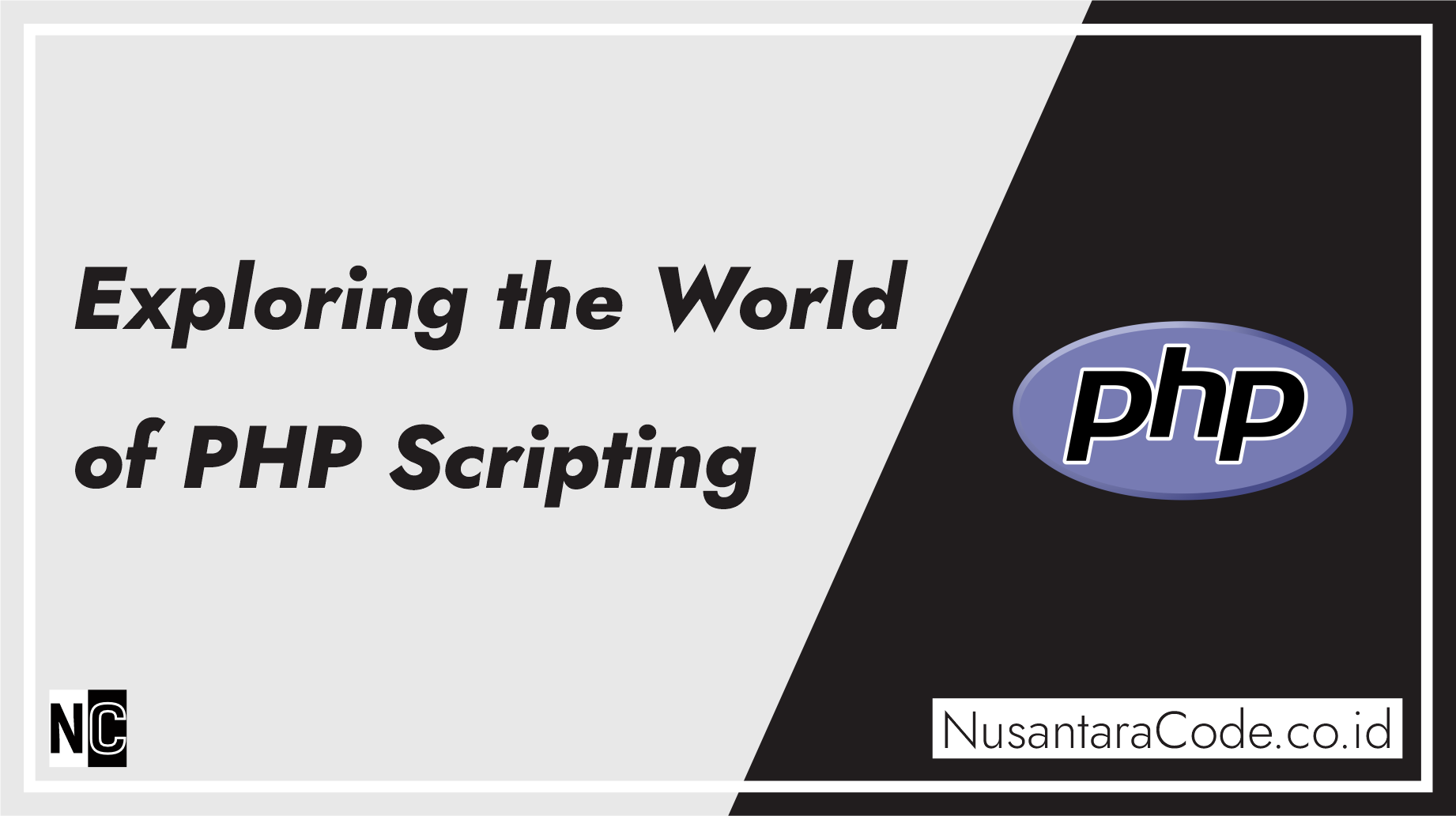PHP is a versatile and widely-used scripting language for web development. In this comprehensive guide, we’ll explore the fundamental concepts of PHP, including variables, comments, data types, numbers, strings, and basic mathematical operations.
PHP Variables
Variables in PHP are used to store and manage data. They are preceded by a dollar sign $ and are case-sensitive. You can assign various types of data to variables, making PHP a dynamic language.
$number = 42;
$greeting = "Hello, World!";PHP Comments
Comments in PHP are essential for code documentation and clarity. PHP supports single-line and multi-line comments:
// This is a single-line comment
/*
This is a multi-line comment
useful for explaining code blocks
*/PHP Data Types
PHP supports several data types, including:
- Integer (int): Used for whole numbers.
- Float (float): For numbers with decimal points.
- String (string): Stores text and characters.
- Boolean (bool): Represents true or false values.
- Array: An ordered map holding key-value pairs.
- Object: Instances of user-defined classes.
- Null: Represents an empty or undefined value.
Numbers in PHP
PHP handles numbers seamlessly. It supports both integers and floating-point numbers. You can perform basic arithmetic operations such as addition, subtraction, multiplication, and division with ease.
$sum = 10 + 5;
$product = 7 * 3;
$quotient = 20 / 4;Strings in PHP
Strings are used to store and manipulate text. PHP offers a rich set of functions for string manipulation, from concatenation to searching and replacing.
$greeting = "Hello,";
$target = " World!";
$fullGreeting = $greeting . $target; // ConcatenationMath Operations
PHP supports a range of mathematical functions for complex calculations. The sqrt, pow, and rand functions are just a few examples.
$number = 16;
$squareRoot = sqrt($number); // Calculate square root
$result = pow(2, 3); // Calculate 2^3 (2 raised to the power of 3)
$randomNumber = rand(1, 100); // Generate a random number between 1 and 100Understanding variables, comments, data types, numbers, strings, and basic math operations in PHP is crucial for building dynamic and functional web applications. These foundational concepts will serve as the building blocks for more advanced PHP programming and web development. As you continue your PHP journey, you’ll discover a wealth of possibilities and resources for creating powerful and interactive web applications. Happy coding!
